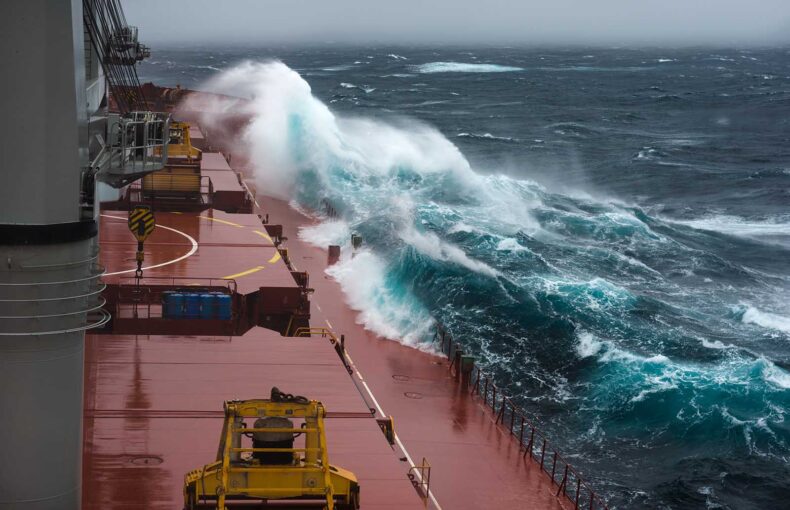
North Sea collision: Searching for answers with AIS data
March 19, 2025Maritime collisions, while rare, serve as stark reminders of the risks that persist despite modern navigation technology.
Read more
Maritime collisions, while rare, serve as stark reminders of the risks that persist despite modern navigation technology.
Read more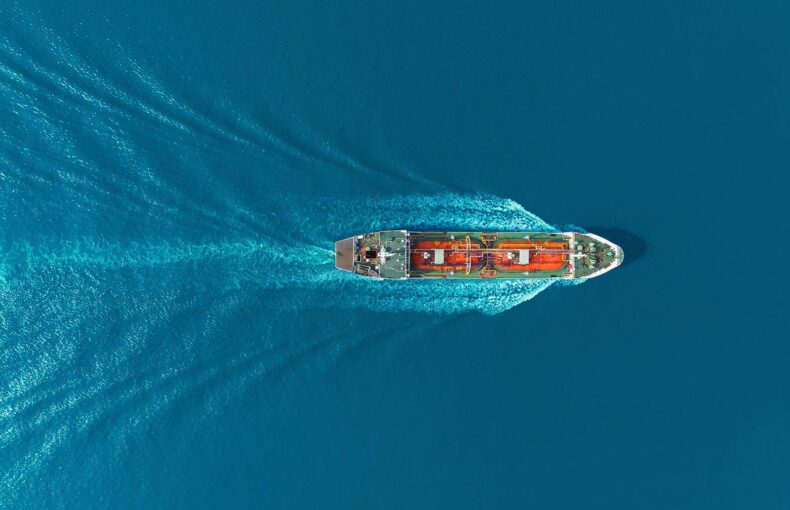
Live vessel tracking offers a powerful advantage to maritime industry professionals, enabling better decision-making, improved operational efficiency, and enhanced safety at sea.
Read more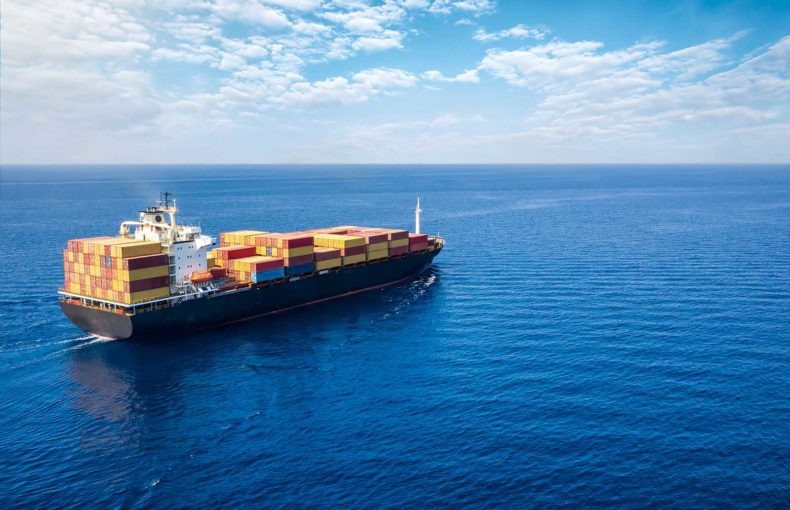
Understanding past vessel movements, using Historical AIS, is essential for gaining insights into maritime operations, market dynamics, security, risk assessments, environmental impacts, and regulatory compliance.
Read more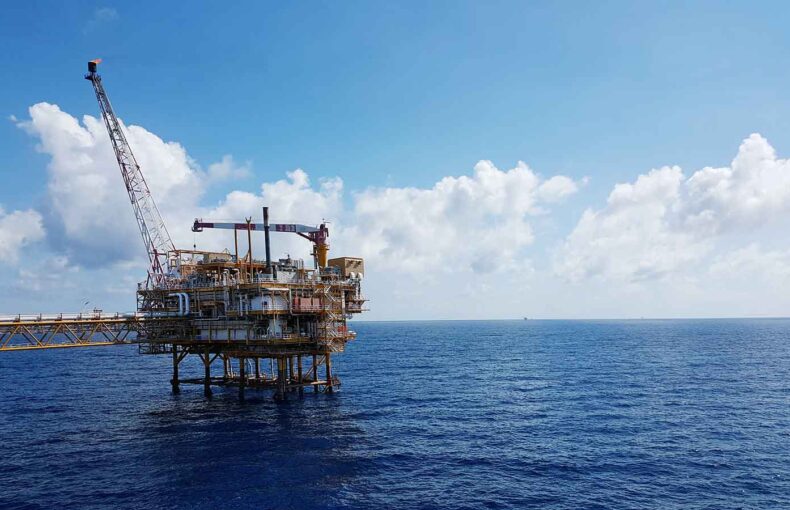
Recent incidents highlight vulnerabilities to offshore infrastructure.
Read more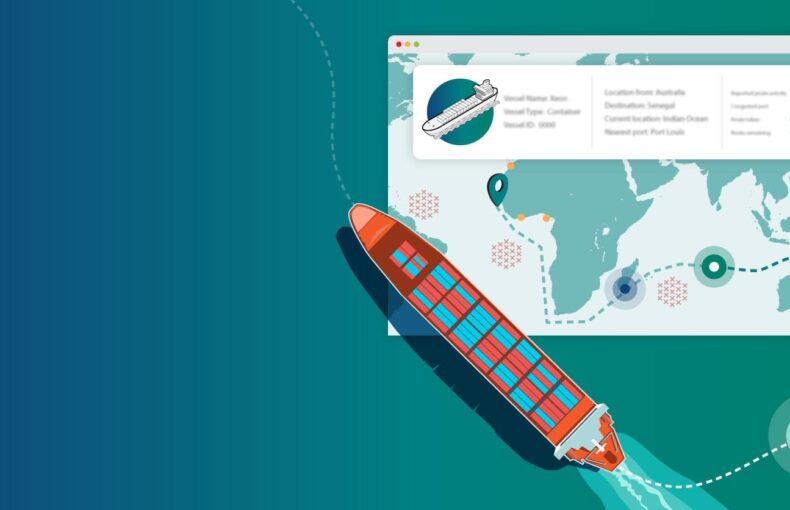
In today’s maritime environment, where fuel costs are high, regulations are stringent, and global maritime security is unpredictable, effective routing has become essential to ensure sustainable operations.
Read more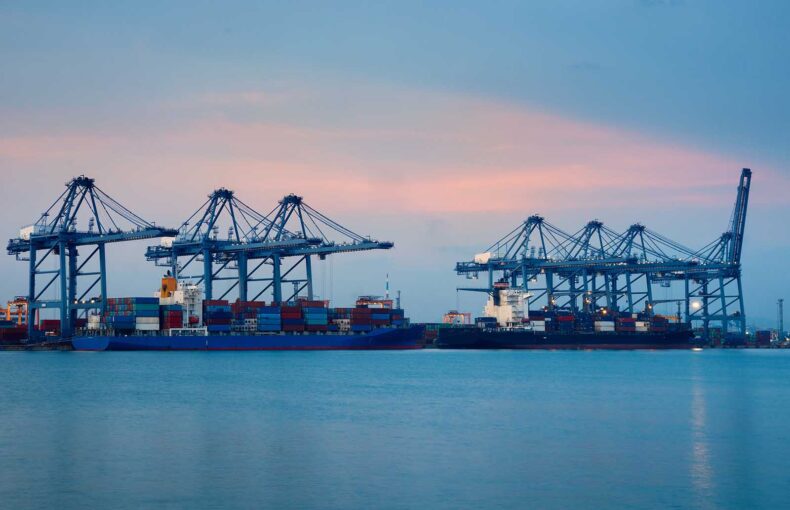
In a historic labor dispute, dockworkers along the US East Coast and Gulf Coast have launched the first major strike by the International Longshoremen’s Association (ILA) since 1977.
Read more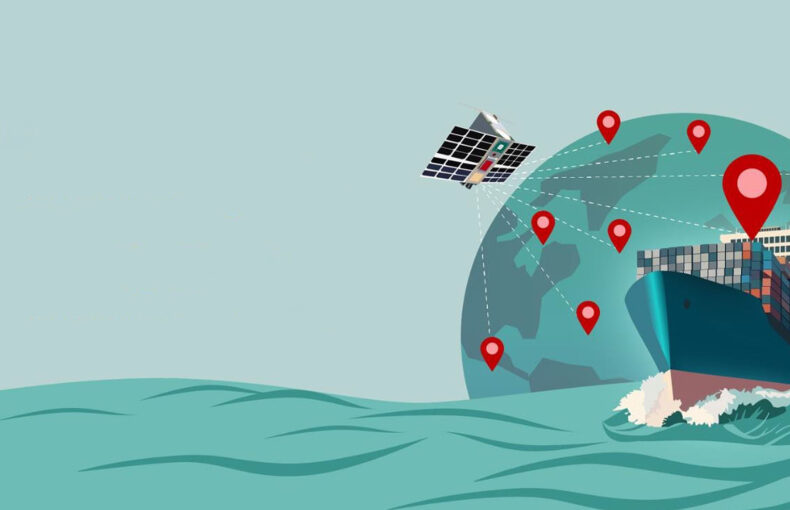
Originally designed as an anti-collision tool, the Automatic Identification System (AIS) has, over the past two decades, evolved into a comprehensive data collection and analysis system.
Read more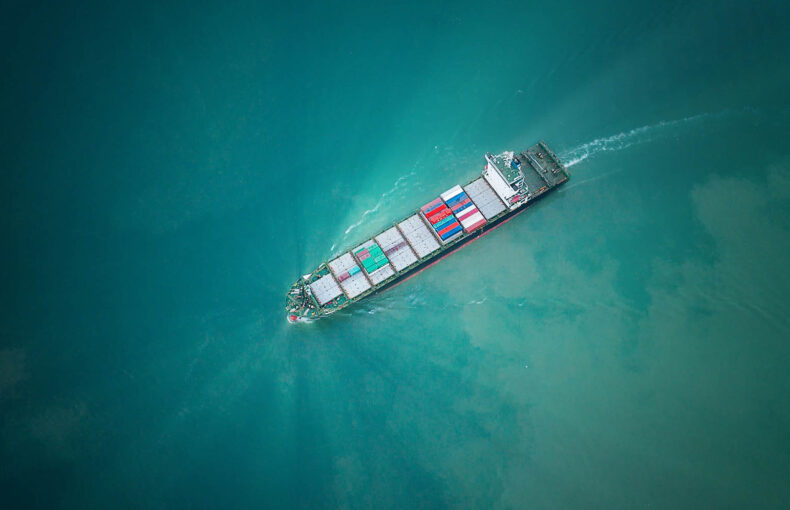
The problem of vessel spoofing for the maritime insurance industry and the 4 reasons to validate AIS positions: risk assessment, fraud prevention, regulatory compliance, and claims verification.
Read more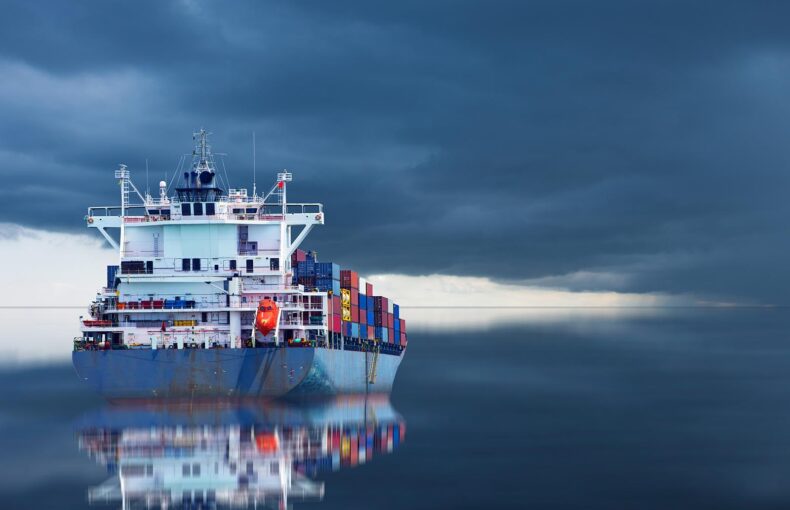
In the ever-changing landscape of maritime insurance, staying ahead of risks is paramount.
Read more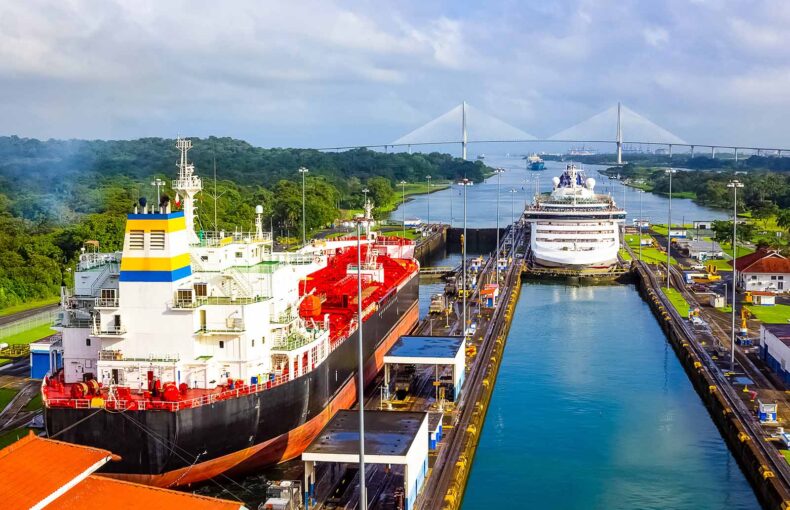
Using Spire Maritime, Weather and Climate data, the root causes of the Panama Canal drought have been put to light.
Read more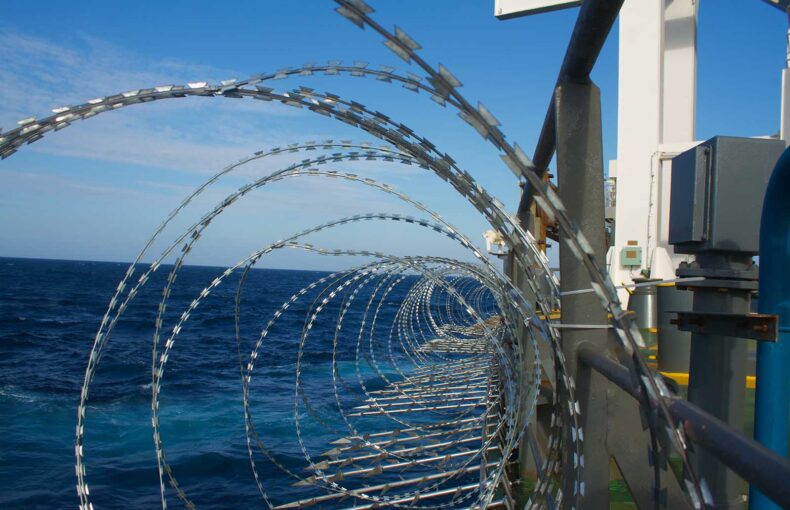
The current security situation in the Red Sea and the Gulf of Aden caused by Houthi attacks on vessels has led to many ships avoiding the area and instead divert away from it and chose alternative routes. The most common alternative journey between Asia and Europe is to sail around Africa.
Read more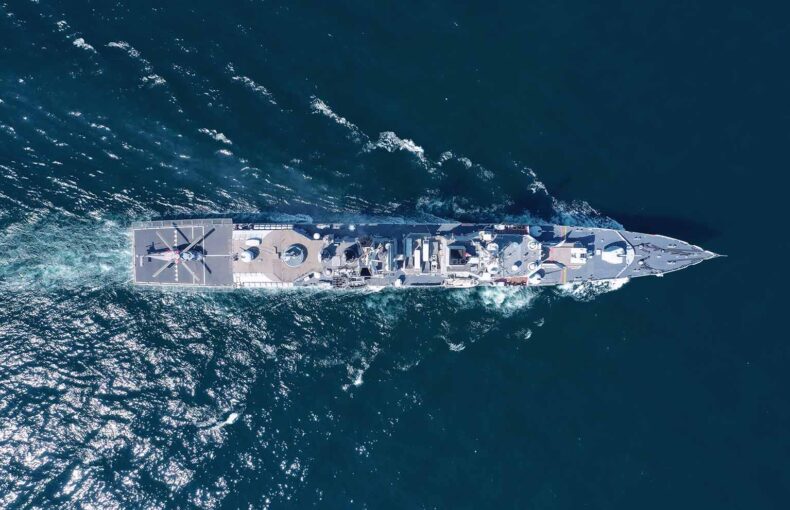
The deteriorating Red Sea security situation caused by Houthi attacks and hijackings on commercial vessels has led to several major companies in the maritime and oil industries, to shy away from the Red Sea, and instead use the much longer, and costly route around Africa.
Read more
AIS Position Validation is the advanced Radio Frequency signal-based solution leveraging the unique real time coverage offered by the Spire satellite constellation providing continuous global coverage to validate vessel positions, whether vessels are near-shore or in mid-ocean.
Read more